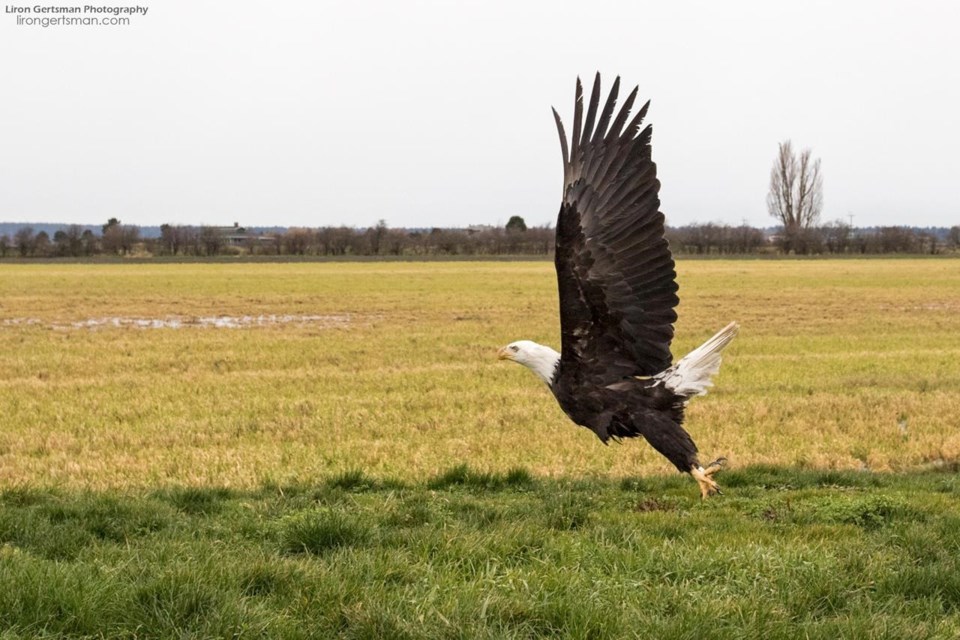Fall and winter are some of the busiest months for a raptor rescue operation in Delta, B.C., as it prepares for the annual migration of eagles scavenging at the Metro Vancouver landfill.
Martina Versteeg, the raptor care supervisor with Orphaned Wildlife Rehabilitation Centre, also known as OWL, said it's a great spot for bird watching as hundreds of eagles converge to gorge at the dump.
“It’s quite a sight. There is one on every fence post. It’s quite a remarkable thing,” said Versteeg.
But it's also dangerous for the birds and about 200 eagles are brought into their rescue operation every year with everything from broken wings to infections, lead poisoning and even electrocutions from the nearby power lines.
Versteeg said the birds are often hit by vehicles as they try to lift their food and fly into the path of a truck
"If they've eaten too much food, especially, then they can't get lift as quick," she added.
Versteeg said they see a lot of eagles in the centre with unusual infections from whatever they have been touching or eating.
Many of the birds do recover from their injuries.
“We examine it and we find where the injury might be. If it's the broken wing, we offer splints and wing wraps and specialized things like that," said Versteeg, adding that sometimes surgery is necessary.
The eagles stay anywhere from a few weeks to months at the centre, depending on their injuries, she said.
Many of the calls about injured eagles come from members of the public, however one volunteer at the landfill has found about 70 eagles in the years since they've started working with him, Versteeg said.
"And it's just amazing ... he finds two at a time, or he calls us and says, 'I have one and I'm chasing another,' you know, it's quite incredible how many he finds that need our help," she said.
Recently, a female eagle was brought in with two broken wings and a broken lower jaw.
“A lot of people would see that and not expect it to make a full recovery,” said Versteeg.
But they aligned her wings with a wrap, and with some pain medication and tongue feedings, the eagle was able to be released back to the wild within a few months, said Versteeg.
“When she was blending in with the other eagles so well in flying, you couldn’t tell her from any others in the crowd,” said Versteeg. “It’s quite remarkable to achieve two broken wings and to be able to heal them.”
The eagles tend to flock to the landfill, about 30 kilometres south of Vancouver, because it's on their way south and the food is plentiful.
"It is just an area near water where eagles like to hunt ... it's also just on the migratory path if they're moving on through down the coast. So, that's kind of why we have so many here."
Versteeg said once the birds heal, they've been known to travel just about anywhere.
“We've had trackers on a few of the birds that we've released, and we see where they go, like one of them we rescued down here, and we know now she lives in Yukon,” said Versteeg. "You never know where they are gonna go."
This report by The Canadian Press was first published Oct. 3, 2023.
Nono Shen, The Canadian Press



